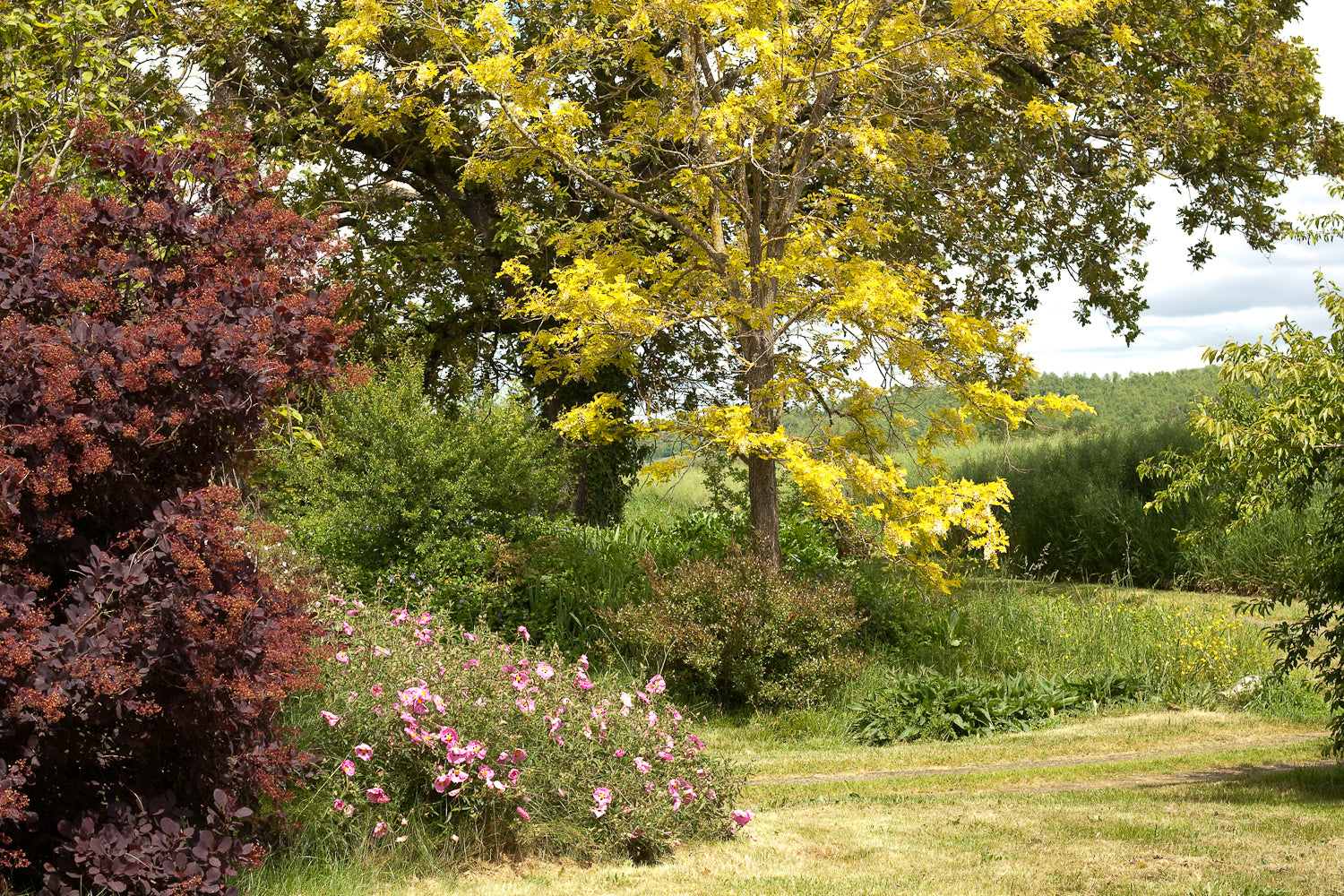The Darling Buds of May
- by Sue Ure
-

This famous quote from Shakespeare’s Sonnet 18 encapsulates the resonance that this season has for us.
There is a rich history and diverse traditions of May Day celebrations, from ancient folk customs to contemporary observances. Its origins include the Roman Floralia and Gaelic Beltane festival, and more recently it has also become International Workers Day. Different cultures, including the UK and France (both of which I count as home), mark this occasion in myriad ways.
The rich and diverse history of May day celebrations runs from ancient folk customs to the contemporary 1 May bank holiday.
Ancient Origins: Tracing the Roots
May Day marks the height of spring and heralds the transition from spring to summer. Among the earliest recorded celebrations is the Floralia festival of Flora, dating back to the Romans. The Roman historian Suetonius wrote a description in AD 68 about one particularly improbable Floralia spectacle of an tightrope-walking elephant. The Gaelic spring festival of Beltane is thought to date back to about 900AD and signifies the renewal of life and fertility.
In the United Kingdom, May Day traditions from gathering wildflowers to weaving floral garlands, evoke a sense of connection to nature. The crowning of a May Queen, accompanied by dance around the Maypole, adds to the charm of this age-old celebration.
International Workers Day
Originating from a groundswell of demand for an eight-hour workday, the date gained prominence during the Marxist International Socialist Congress held in Paris in 1889. Somewhat surprisingly it was the Nazi government in Germany who declared 1 May a "national workers' day" in Germany in 1933.
Last year French unions held massive demonstrations, signalling widespread popular opposition to government proposals to delay the retirement age by two years.

Still in France, May Day is marked by the tradition of offering "muguet" or lilies of the valley, to friends and family, symbolising luck and prosperity. Attributed to Charles IV in the 16th century, it became an established custom early in the 20th century. It can be a single sprig or an entire plant but is hugely practised. Street sales are authorised without a license - a rare exception in bureaucratic France!

A contemporary take: Gardening and Community
Today in rural France, May Day heralds a season of garden-focused activities, from vibrant flower markets to preparations for vegetable gardens. Garden vegetation is growing so fast one can practically see it happening and almost all the trees have their new leaves. Locally, here in south-west France, there are now many events for exchanging ones seedlings, enhancing everyone's anticipation of a fruitful season ahead.

Happy May Day!
PS. Mayday: A Curious Connection
As a curious aside, the international distress call "Mayday" finds its origin in the early days of commercial aviation. In vented by an air traffic controller for the (by the standard of the day) busy route between Croyden and Le Bourget. Derived from the French phrase "m'aidez," meaning "help me," it serves as a reminder of humanity's ingenuity and interconnectedness.





